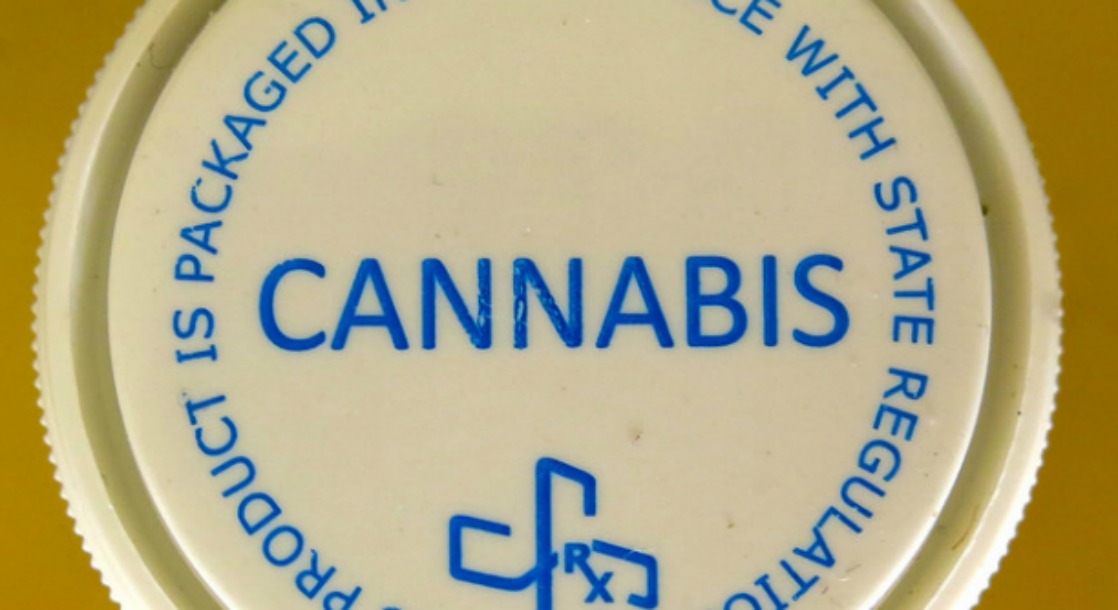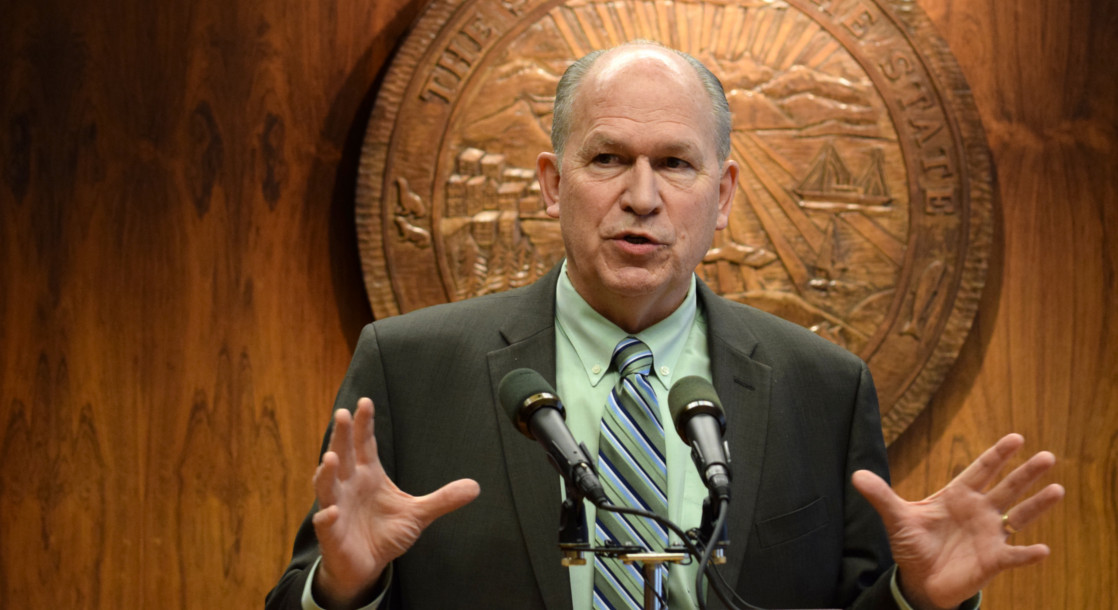To the naked eye, California looks perfectly set up to institute their newly legal recreational marijuana policies. There are operating dispensaries all along the Pacific Coast, from Humboldt down to Huntington Beach, and everywhere in between. And with more product readily available than anywhere else in the world, it would seem that California’s existing pot shops could just change their signs from ‘Medical’ to ‘Recreational’ and call it a day – right?
Not so fast. Lawmakers in the Golden State aren’t quite convinced. And if you let California Senator Mike McGuire (D-Healdsburg) tell it, the state is nowhere near ready to regulate and tax the recreational sale of cannabis. Massachusetts lawmakers have already pushed back their recreational sales start-date back six months, and this California lawmaker sees similar problems on the West Coast.
“Being blunt, there is no way the state of California can meet all of the deadlines before we go live on January 1, 2018,” Sen. McGuire told the Sacramento Bee. “We are building the regulatory system for a multibillion dollar industry from scratch.”
After passing Prop 64 in November’s election, California residents are legally allowed to posses and use cannabis, but as of now, there are no regulations in place that allow weed to be bought or sold without a medical card. Those businesses are slated to get their start at the beginning of next year, and according to McGuire, there’s no way that those regulations will be ready.
“In order to dole out licenses, the state will need to develop regulations on taxation, testing, tracking, growing, distribution, delivery and more to ensure that Californians are using safe products and the state receives the tax it’s due,” McGuire said.
And while Cali’s current program may look like it runs seamlessly, McGuire estimates that only 30 percent of the cannabis business in the state are actually licensed and paying a consistent tax. That, coupled with the fact that banks still can’t accept money from the marijuana industry due to federal criminalization makes regulating the world’s cannabis capital harder than it sounds.
McGuire concedes that recreational customers will most likely be able to walk into a marijuana store and purchase pot at the beginning of next year, but also not convinced that’s a good thing.
“But is it a licensed business?” told the Bee. “Is the cannabis tested for pesticides and are they paying their tax? There are so many layers that need to be pulled back, and those are a few of the significant priorities.”
But even if McGuire is uncertain of how recreational sales will pan out, there are others in the industry that see a clear future for California recreational use.
“We’ve all along said that we’re going to meet that deadline and we’re confident that we will be able to do it,” Alex Traverso, a spokesman for the state’s new Bureau of Medical Cannabis Regulation told the Bee. “We’re right on schedule as far as we’re concerned.”
The California Senate’s Governance and Finance committee, headed by McGuire, will meet in February to start discussing statewide marijuana taxing and regulations.











